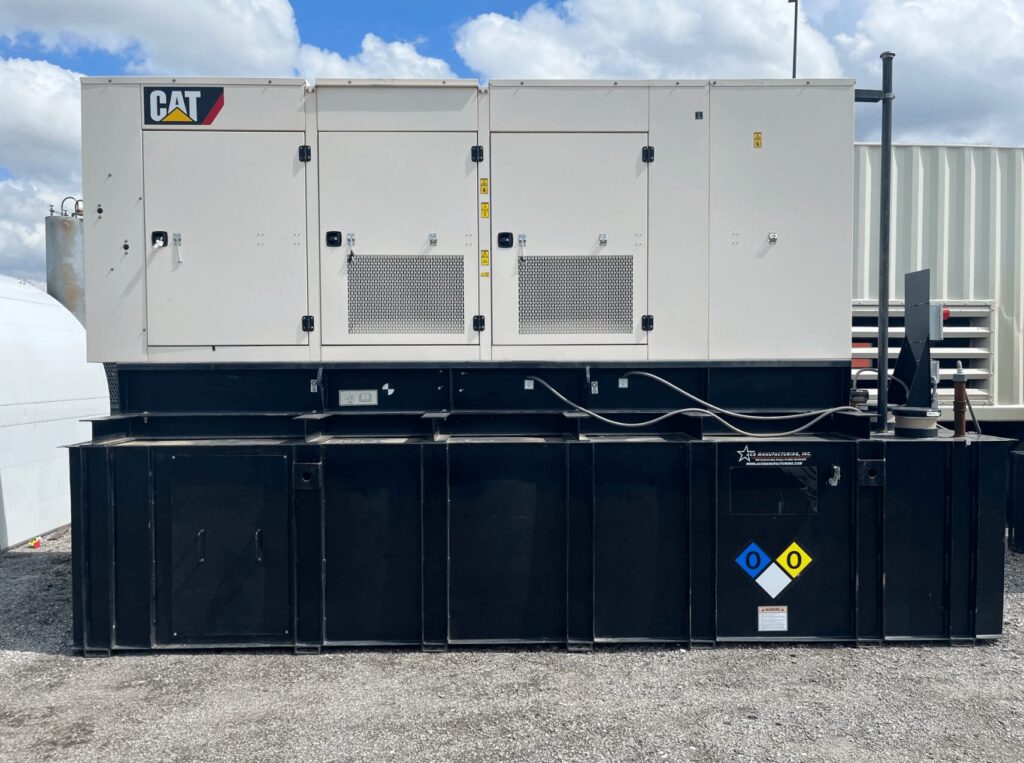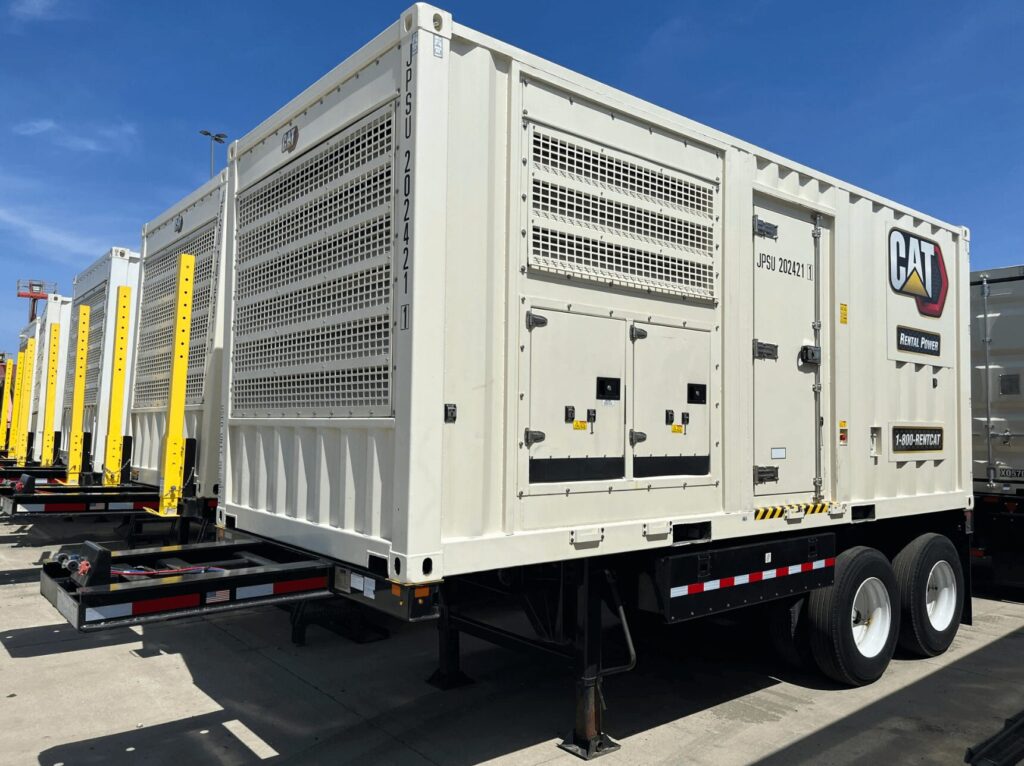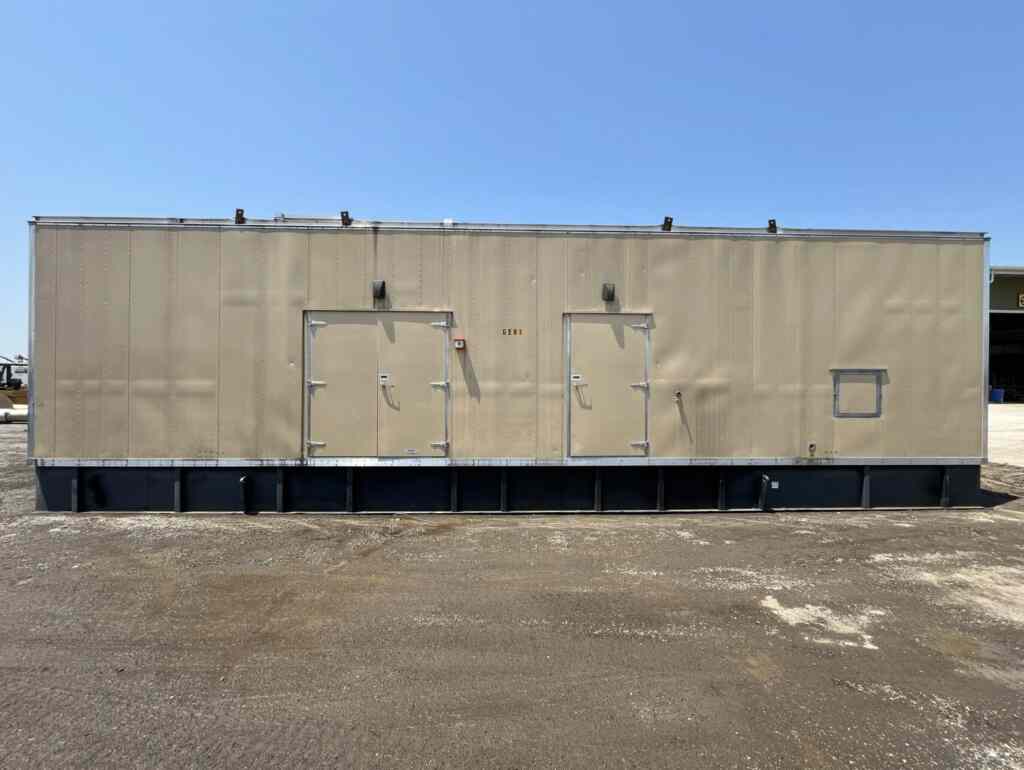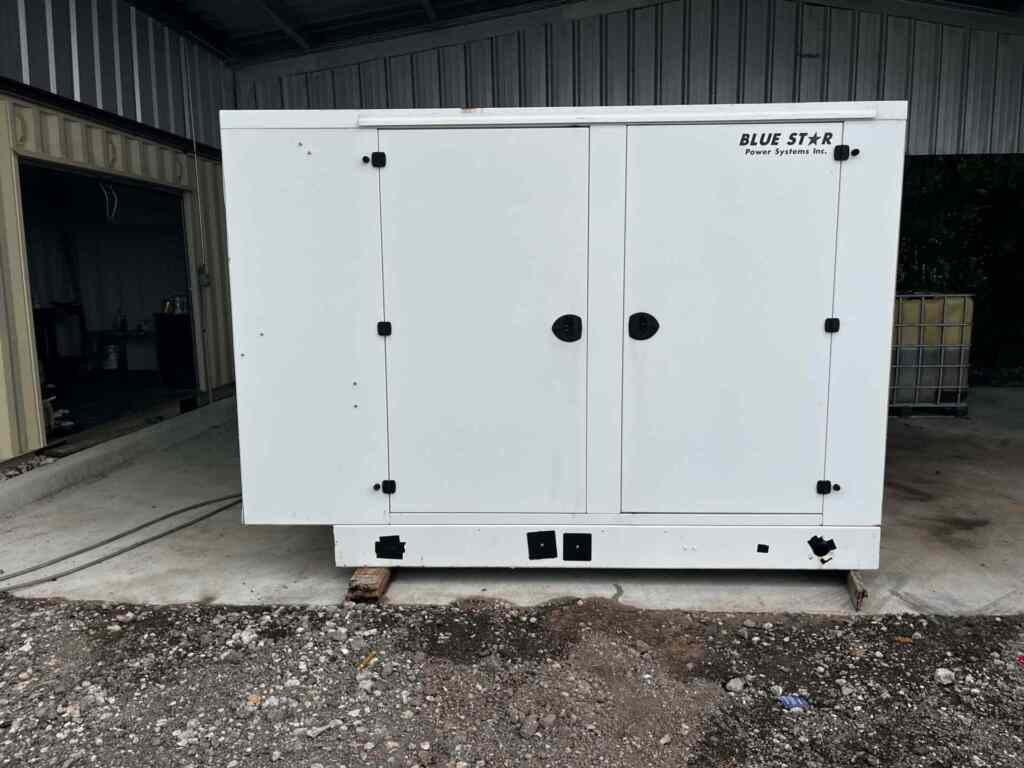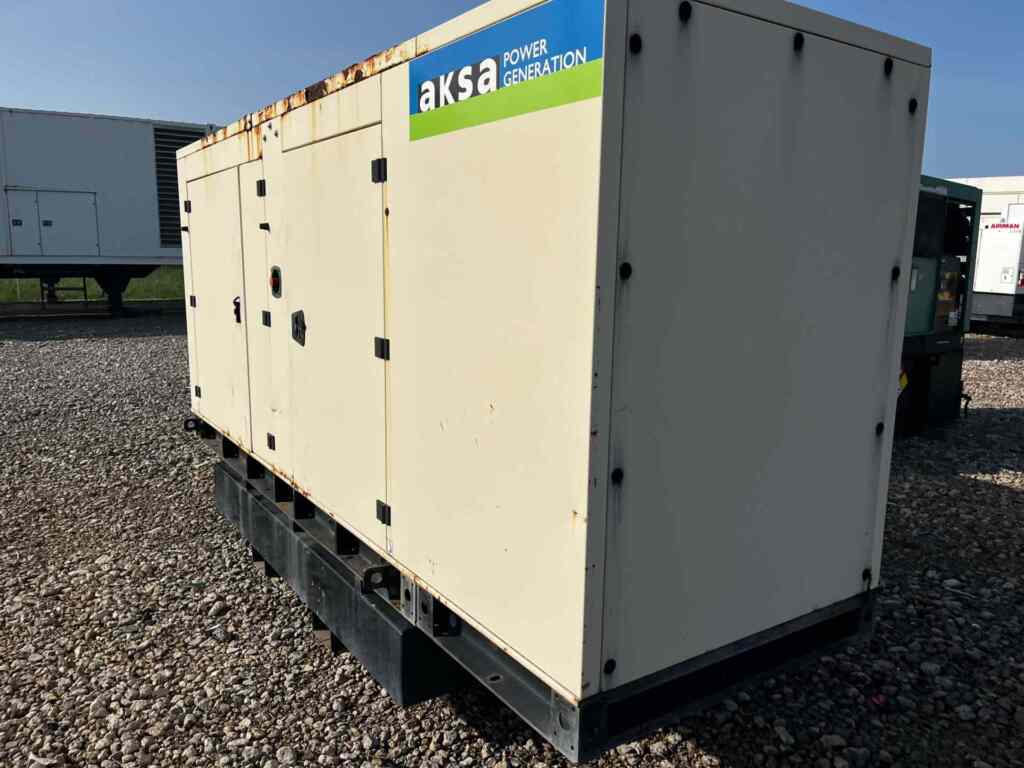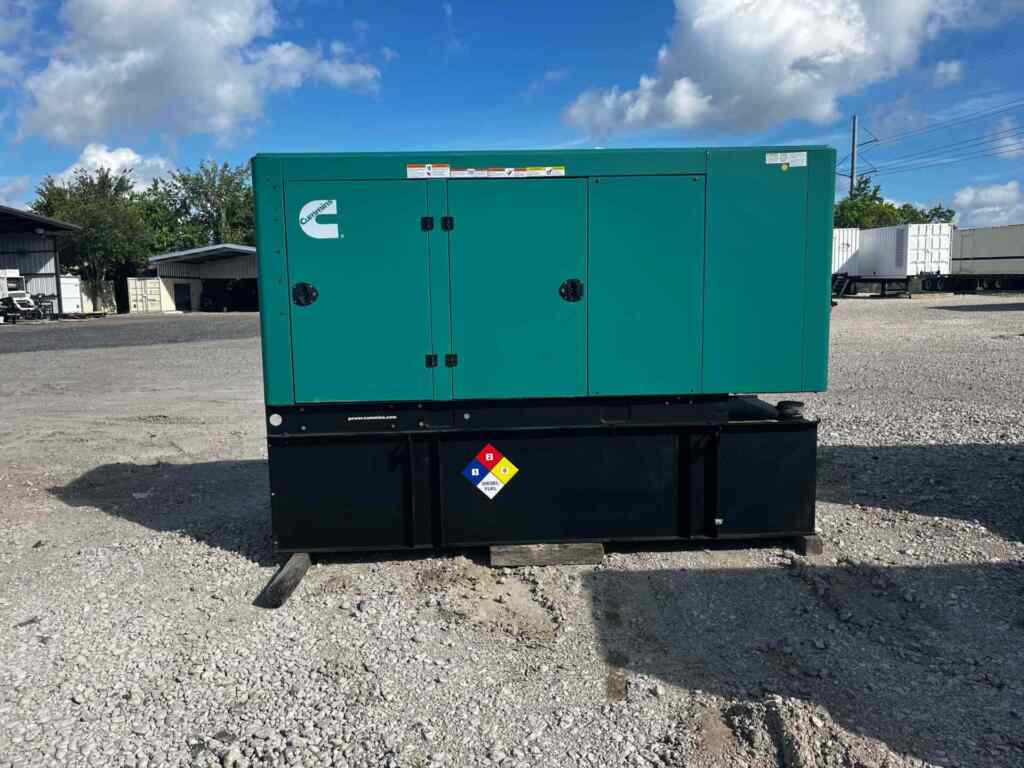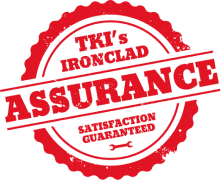Understanding Tier Levels of Nonroad Diesel Equipment
The Environmental Protection Agency created Tier levels to regulate pollution from nonroad diesel engines. Each Tier introduces stricter limits on nitrogen oxides and particulate matter. By knowing the differences between Tiers, operators can better manage equipment compliance.
- Tier 1 and Tier 2: Early standards introduced in the late 1990s with moderate limits.
- Tier 3: Mid-2000s standards with tighter nitrogen oxide and particulate limits.
- Tier 4: The most advanced standard with selective catalytic reduction and particulate filters.
Higher Tier ratings indicate cleaner performance and fewer regulatory burdens in Michigan.
Michigan Emission Laws Targeting Diesel Generators
Beyond federal rules, Michigan enforces statewide emission requirements for generators. These laws ensure air quality in sensitive areas and require permits for certain types of equipment. Knowing which federal, state, and permitting rules apply helps businesses plan for compliance.
- Federal Nonroad Diesel Standards:
All equipment in Michigan must meet EPA Tier ratings. - State Implementation Plan: In areas that do not meet air quality standards, additional permits may be required.
- Permit Rules for Generators: Units exceeding certain operating hours or emission thresholds may need
operating or construction permits.
These rules are designed to align Michigan with federal air quality goals while managing local pollution impacts.
Compliance Steps for Michigan Emissions
Meeting Michigan emission requirements involves a strict process. By following the right steps, businesses can operate confidently while avoiding fines and delays.
- Verify the generator’s Tier level and ensure proper labeling.
- Determine whether the unit uses standby, mobile, or prime power.
- Calculate emission outputs based on run-time and fuel usage.
- Submit the necessary permit applications using Michigan’s eServices portal.
- Conduct testing and reporting as required by state regulations.
- Implement mitigation strategies, such as filters or fuel changes, as needed.
Each step ensures a generator remains within Michigan’s emission limits while maintaining operational readiness.
Key Thresholds in Tier Ratings and Emissions
Emission limits vary by Tier level, with stricter standards reducing pollutants as each level increases. Knowing these thresholds helps in selecting or upgrading the right equipment.
| Tier Level | NOₓ (g/kW-hr) | PM (g/kW-hr) |
|---|---|---|
| Tier 3 | 2.0 | 0.15 |
| Tier 4 Interim | 0.5 to 0.9 | 0.02 to 0.03 |
| Tier 4 Final | 0.4 | 0.02 |
Higher Tier engines simplify permitting, reduce fuel costs, and help meet Michigan compliance more easily.
Impact on Michigan Industry and Generators
Many Michigan industries depend on generators for critical power. Failing to comply with emission laws can lead to serious financial and operational risks.
- Noncompliance can result in significant daily fines.
- Generators may be forced offline until upgrades are completed.
- Reputation and customer trust can suffer if emission rules are ignored.
Upgrading to cleaner Tier units not only meets regulations but also supports long-term sustainability goals.
Cost Considerations for Compliance
Budgeting for emission compliance involves evaluating both initial costs and long-term savings. Investing in
cleaner generators often pays off over time.
- Tier 4 engines have higher upfront costs than older models.
- Retrofits like diesel particulate filters range from $5,000 to $20,000, depending on size.
- Cleaner engines improve fuel efficiency and reduce maintenance needs.
- Higher Tier units retain better resale value.
Weighing these costs helps determine the best path to maintain compliance in Michigan.
Steps to Ensure Michigan Emissions Compliance
Planning is the most effective way to stay compliant. A proactive approach saves time, money, and effort for businesses. Following these steps is critical:
- Create a compliance calendar with all permit and reporting deadlines.
- Audit all generators to document Tier ratings, age, and usage hours.
- Replace older, high-emission units in sensitive locations first.
- Work with trusted suppliers familiar with Michigan emission laws.
This structured approach ensures businesses stay ahead of changing regulations.
Selecting Generators That Meet Michigan Tier Ratings
Choosing the right generator is about more than capacity. It also involves selecting a unit that aligns with Tier ratings and state requirements.
Leading brands like Cummins, Caterpillar, Multiquip, and Baldor provide generators with certified Tier compliance and detailed emission records. Partnering with a supplier who understands Michigan rules ensures a smooth and efficient procurement process.
Mitigation Without Full Replacement
Not every situation requires a full generator replacement. There are cost-effective ways to reduce emissions on existing equipment. Operators can:
- Switch to ultra-low sulfur diesel to cut particulate emissions.
- Add retrofit filters or diesel oxidation catalysts to older units.
- Use idle control systems to limit unnecessary run-time.
These methods provide short-term compliance while planning for future upgrades.
Future Trends in Michigan Emissions Requirements
Regulations continue to evolve, in Michigan as well as other states. Staying aware of upcoming changes helps businesses remain compliant and competitive. Regulatory changes can include:
- Increased monitoring in urban and industrial zones.
- Possible stricter Tier adoption timelines for certain counties.
- More incentives for hybrid or electric alternatives.
Early adoption of advanced regulations avoids disruption and positions companies as environmental leaders.
Turnkey Support with Emission-Compliant Generators
Ensuring compliance in Michigan can be simplified by working with a trusted supplier. Turnkey Industries offers a complete solution for businesses that need reliable power without the worry of regulatory concerns. Turnkey Industries offers:
- A wide inventory of Tier-certified generators from Cummins, Caterpillar, Multiquip, and Baldor.
- IronClad inspection and load bank testing for verified performance.
- Expert guidance on Michigan Tier ratings and emission permit requirements.
- Worldwide delivery with immediate availability to meet urgent needs.
Contact us today to secure emission-compliant generators that keep your Michigan operations running efficiently and within regulations.
 Turnkey Industries offers a variety of high-capacity
Turnkey Industries offers a variety of high-capacity 